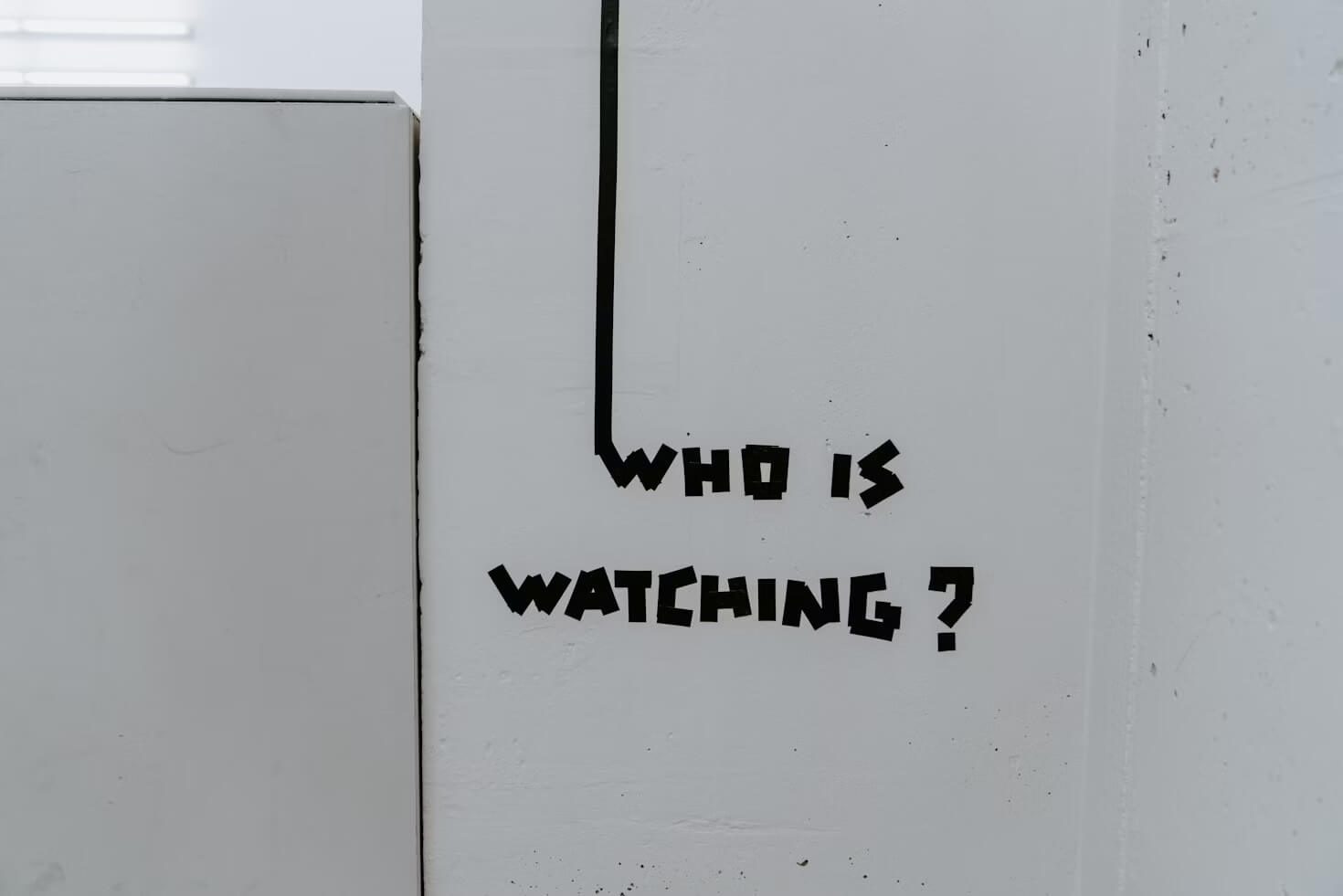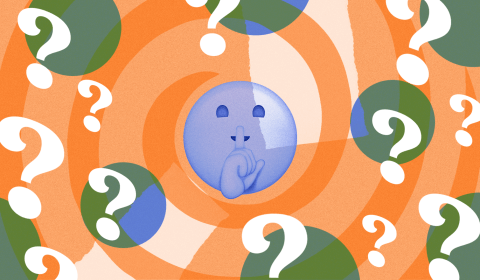A new study suggests that most of Gen Z believe in conspiracy theories, with almost half actively spreading and sharing them on social media.
Who doesn’t love a fun conspiracy theory?
For as long as the internet has been a thing, conspiracy theories and alternative explanations to major world events have been rampant. Whether it’s the classic 9/11 takes, communities convinced the world is flat, or more recent sentiments that vaccines are dangerous, it seems none of us are ever too far away from misinformation.
This applies to Gen Z just as much as older internet users.
A new survey by EduBirdie found that 79% of young people admit to believing in at least one conspiracy. Even more worryingly, over 40% said they actively spread this information to others. Over 2,000 people participated in the study.
According to The Standard, general interest in conspiracy theories has risen recently, with Google searches increasing by 245% over the last three months. For Gen Z, their main interest seems to be around celebrities. 77% of respondents said they believe that the famous are ‘hiding something’.
This shouldn’t be too surprising given that young people have grown up with major scandals making headlines, such as Jeffery Epstein’s island and his many associates, the #MeToo movement and the exposure of major discrimination in Hollywood, as well as the Panama Papers that proved the wealthy were dodging tax and using offshore banking accounts.
A general feeling of distrust hasn’t come out of nowhere.
A particularly popular conspiracy theory is the ‘Illuminati’ collective, whereby tons of musicians and celebrities are supposedly involved in a secret society that aims to control the global order. While it might sound far-fetched (because it is), this theory has been majorly popular for well over fifteen years.
The term is so well-known that it’s even previously featured on actual songs by artists like T.I and Kanye West.
EduBirdie’s study indicated that 30% of Gen Z believe Beyonce is part of the Illuminati while one in seven agree that Taylor Swift is a Satanic high priestess. These ideas have also affected Gen Z’s perception of politics, at least in the US.
Up to 33% believe Elon Musk is truly the country’s leader, 20% agree that Trump was recruited by Russia, and one in six say that Melanie Trump is actually in charge.


















